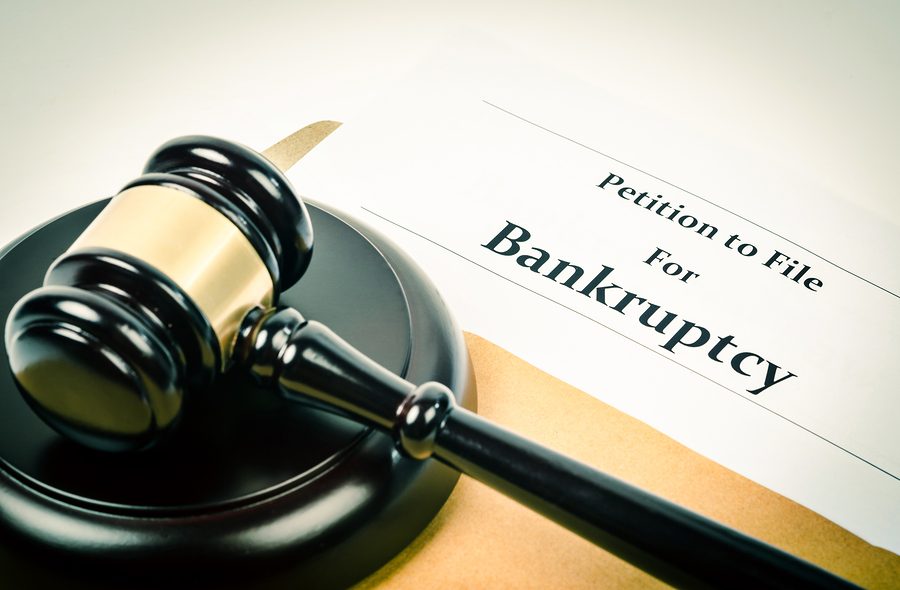Filing for bankruptcy comes with its own set of costs. It may seem counterintuitive that a person who is having difficulty paying his or her bills can pay extra costs to receive relief from his or her financial obligations. However, just because someone is not able to pay his or her bills should not prevent them from hiring an attorney to file their bankruptcy case. While “do it yourself” projects may be a good idea around the house, there are reasons to let a professional handle your bankruptcy filing.
Tag: credit counseling requirements in bankruptcy
Important Factors to Keep in Mind When Filing for Bankruptcy
When filing for bankruptcy, certain factors should be kept in mind, including the type of bankruptcy being filed, property exemptions available to the filer, and the various laws and legal regulations that accompany filing for bankruptcy.
The type of bankruptcy being filed.
The most common types of consumer bankruptcy are Chapter 7 and Chapter 13 bankruptcies. A Chapter 7 bankruptcy allows filers to receive a total discharge of their qualifying debts and is an option used mostly by filers whose debts are particularly high compared to their level of income. To file for Chapter 7 bankruptcy, filers must qualify under the bankruptcy means test. Chapter 13 bankruptcy allows the consumer to enter a repayment plan to pay all or part of his or her debts over the course of three to five years.
What are the Credit Counseling Requirements in Bankruptcy?
Whenever a person files for Chapter 7 or Chapter 13 bankruptcy, he or she must submit proof that a credit counseling course from a nonprofit credit counseling agency was successfully completed. The purpose of this course is to help the filer determine whether he or she can pay his or her debt outside of bankruptcy and provide proper financial guidance to prevent an additional bankruptcy filing in the future.
What Is Required?
According to the Federal Trade Commission (FTC), all bankruptcy filers must take an approved credit counseling course prior to filing. The U.S. Department of Justice’s U.S. Trustee Program keeps a list of approved programs if filers are not sure where to go. Proof of completing a program must be submitted before the bankruptcy case can proceed further. In fact, this proof must be submitted within 180 days prior to filing for bankruptcy. The filer will normally walk away from the credit counseling program with a repayment plan, if a plan is realistic, although nothing in the FTC rules requires the filer to follow that specific plan.



